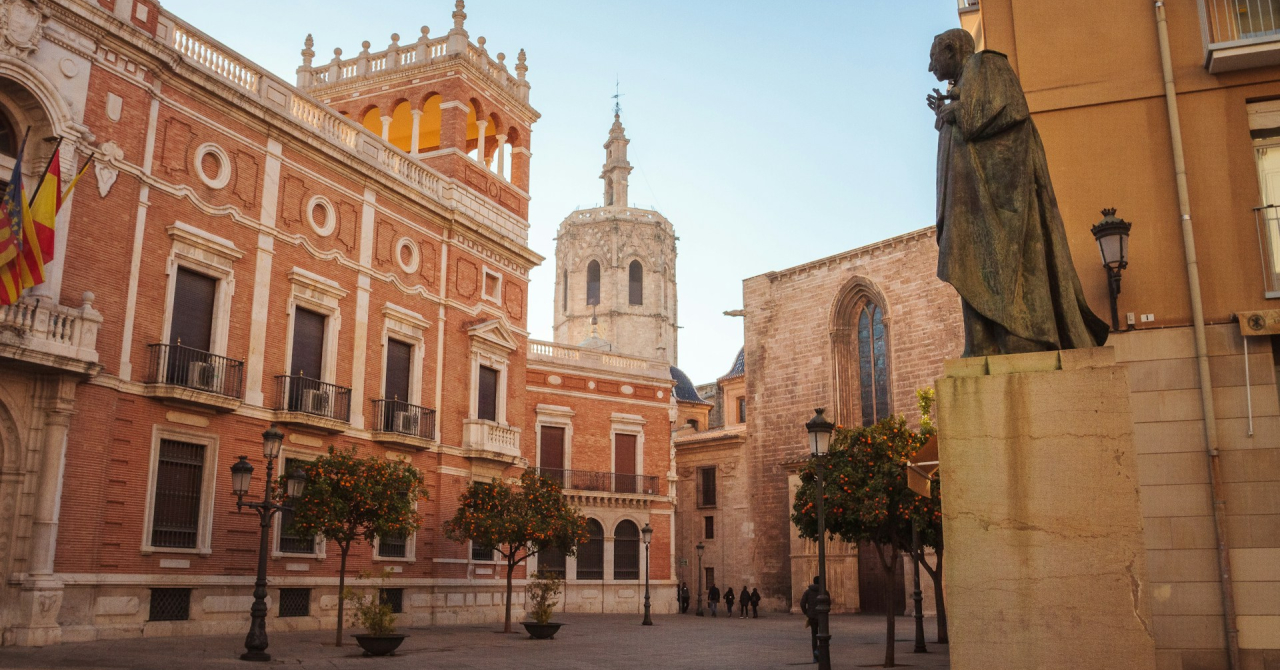Euronews.green writes that the European Green Capital award has been going on since 2010 and created an ecosystem of administrations that compete to prove that they have what it takes to offer a more sustainable lifestyle for their citizens.
EU Commissioner for Environment, Oceans and Fisheries Virginijus Sinkevičius, said that "Valencia has earned the Green Capital title because of its ambitious sustainability strategy, and it has learned from lessons in the past. For many decades, the city has been driven forward by a bold civic movement that sustains genuine change. People are Valencia’s asset."
Firstly, Valencia benefits from a large green space area, with over two million square meters of gardens. This helps with air quality, water retention in case of heavy rain, as well as the well-being of people, which has been proven to be linked to high-density green areas.
One of the secrets of Valencia's sustainability success is the collaboration and co-effort between the city administration and its residents. This led to the development of multiple green initiatives that can allow Valencia to become carbon-neutral by 2030.
Cabanyal district, known for the local fishing community that has a reach history in the region, bears some of the most notable sustainability-focused actions. For the local market, authorities decided to use the rooftops of the 3.500 square meters area as a power source for the air conditioning systems, meaning that these run on carbon-free energy.
Valencia is also home to one of the only "socialized solar power plants" in the world, which was funded 80% by the citizens, who tipped anywhere from 100 to 2.000 euros to ensure they get some of that renewable energy output.
Also, for the sea shores, the administration used 20.000 light posts to intelligently light the area, with them also acting as EV charging stations through the EU-funded MAtchUP project.
The Mayor of Valencia, María José Catalá, said that "it begins a year in which more than 400 activities will be held, where Valencia will be the beacon of green policies in Europe to build a more humane, more sustainable and more prepared to combat climate change city."
Betting on sustainable transport and green spaces, the city administration also created tree new green transport routes, which will be dedicated to public transport, bikes and pedestrians. At the same time, authorities also recovered public space areas, where citizens can relax in their downtime.
To ensure it has enough funding to fuel its sustainability dreams, Valencia will be receiving 350.000 euros from the EU. Vilnius will take the baton as Europe's Green Capital next year, following a sustainable and inspiring development of its own.
 Mihai - Cristian Ioniță
Mihai - Cristian Ioniță












Any thoughts?